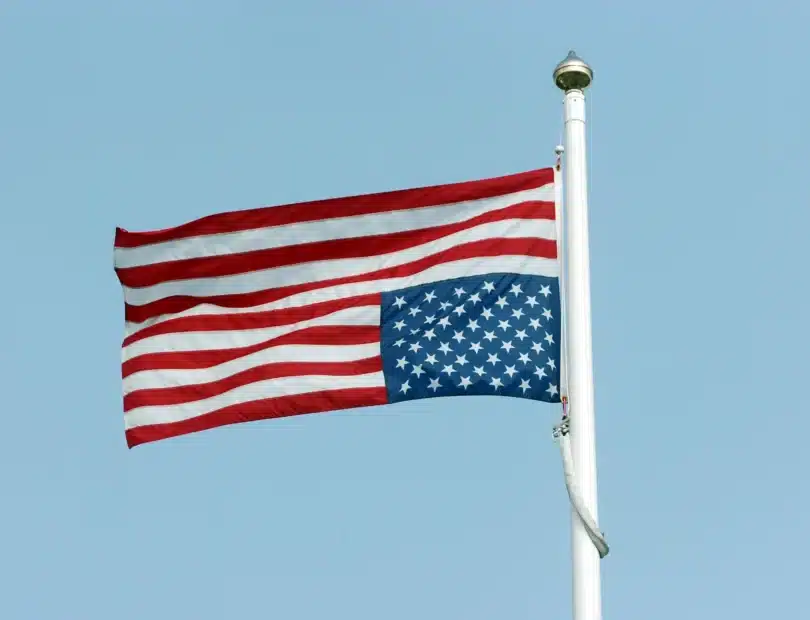The American flag, when flown upside down, signals a state of distress. This act, while originally intended for dire emergencies, has evolved into a symbol of protest and rebellion, used by various groups across the political spectrum.
RELATED: Lil Tay Cause of Death: Is The Young Internet Sensation Dead?
Table of Contents
Historical Significance of the Upside Down Flag
Traditionally, an upside-down American flag is a distress signal, indicating extreme danger to life or property. It’s rooted in maritime traditions but has broader implications in other contexts.
Legal and Ethical Considerations
The U.S. Flag Code outlines the proper display of the flag, including flying it upside down only in cases of “dire distress.” This raises legal and ethical questions about the use of the flag in protests.
Use in Political Protests
Both progressive activists and conservative supporters, including those of former President Donald Trump, have utilized the upside-down flag to symbolize their discontent with current political events or governmental actions.
American Flag Upside Down
The symbol has gained prominence in recent events, such as the overturning of Roe v. Wade and the FBI search of Donald Trump’s Mar-a-Lago residence. It’s used to express opposition or dissatisfaction with governmental decisions or actions.
Public Perception and Reactions
The use of the upside-down flag often elicits strong reactions from the public and officials alike. It is seen as a powerful statement, but also controversial and polarizing.
The Role of Social Media
Social media platforms have amplified the visibility of the upside-down flag, allowing individuals and groups to spread their message widely and quickly.
Controversies and Criticisms
Using the flag in this manner has faced criticism for disrespecting a national symbol. Others argue it’s an exercise of free speech and a legitimate form of protest.
Variations in Interpretation
The meaning of an upside-down flag can vary based on context, requiring observers to understand the underlying reasons behind its use in each specific situation.
Conclusion
The upside-down American flag remains a potent symbol of distress and protest, reflecting deep divisions and concerns within American society. Its use continues to evoke debate about patriotism, free speech, and the state of the nation.
RELATED: Gangsta Boo Cause of Death: Remembering a Hip-Hop Pioneer
FAQs about American Flag Upside Down
- What does flying the American flag upside down signify?
- It traditionally signifies extreme distress but has been adopted as a symbol of protest and dissent.
- Is it legal to fly the American flag upside down?
- According to the U.S. Flag Code, it’s legal only in instances of extreme danger to life or property.
- Why has the upside-down flag been used in political protests?
- It’s used to express severe discontent or opposition to governmental actions or political decisions.
- How has the public reacted to the upside-down flag?
- Reactions vary, with some viewing it as a powerful protest symbol and others seeing it as disrespectful.
- Does the upside-down flag have different meanings?
- Yes, its interpretation can vary depending on the context and the issues being protested.













